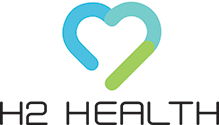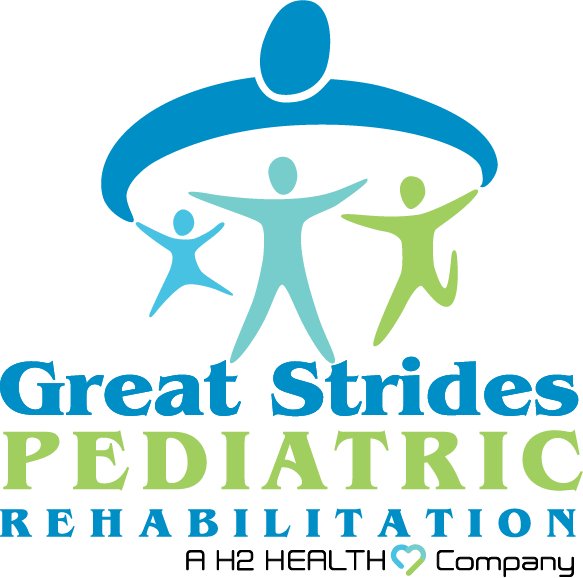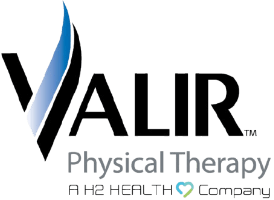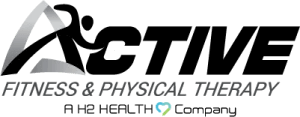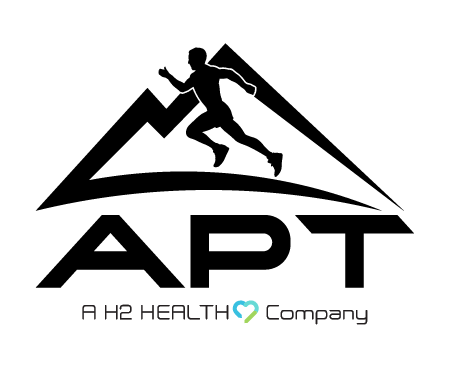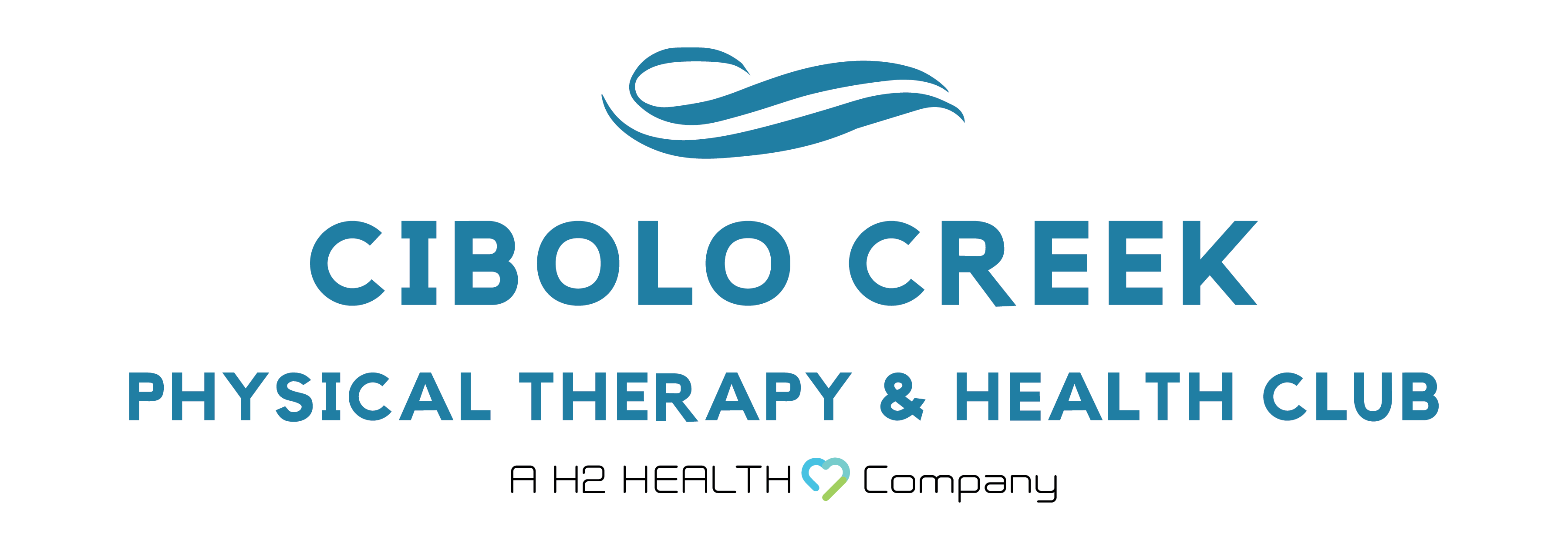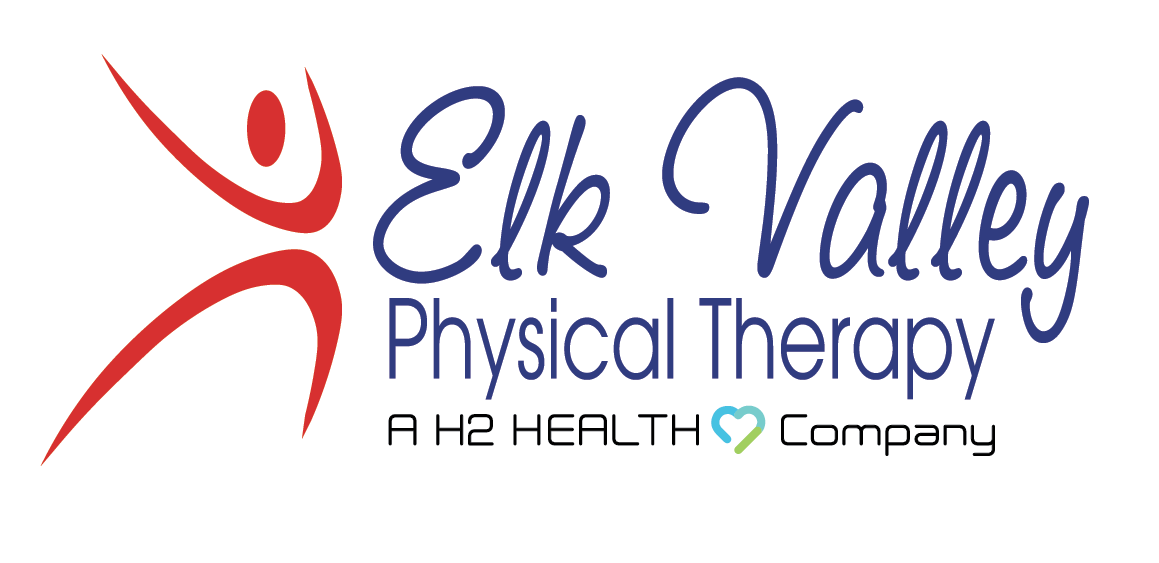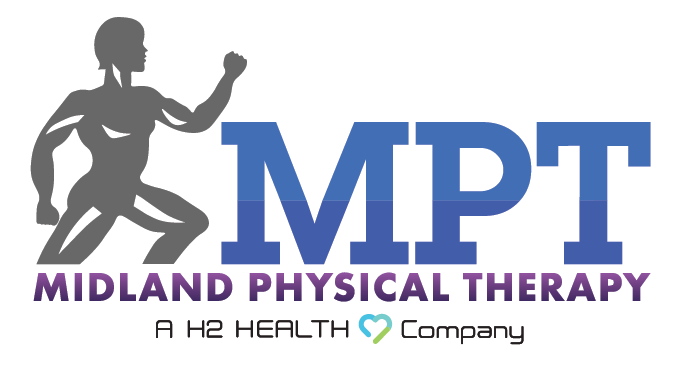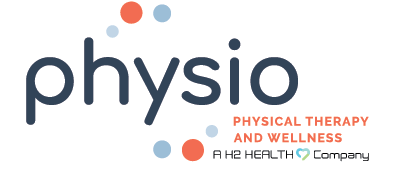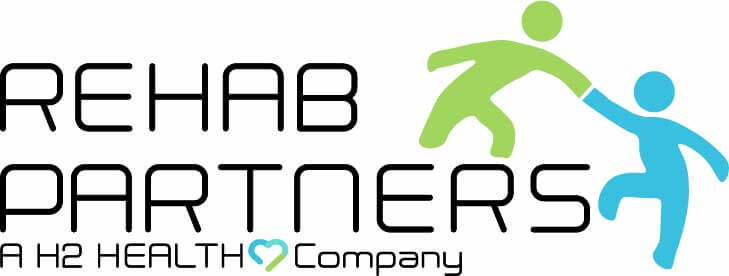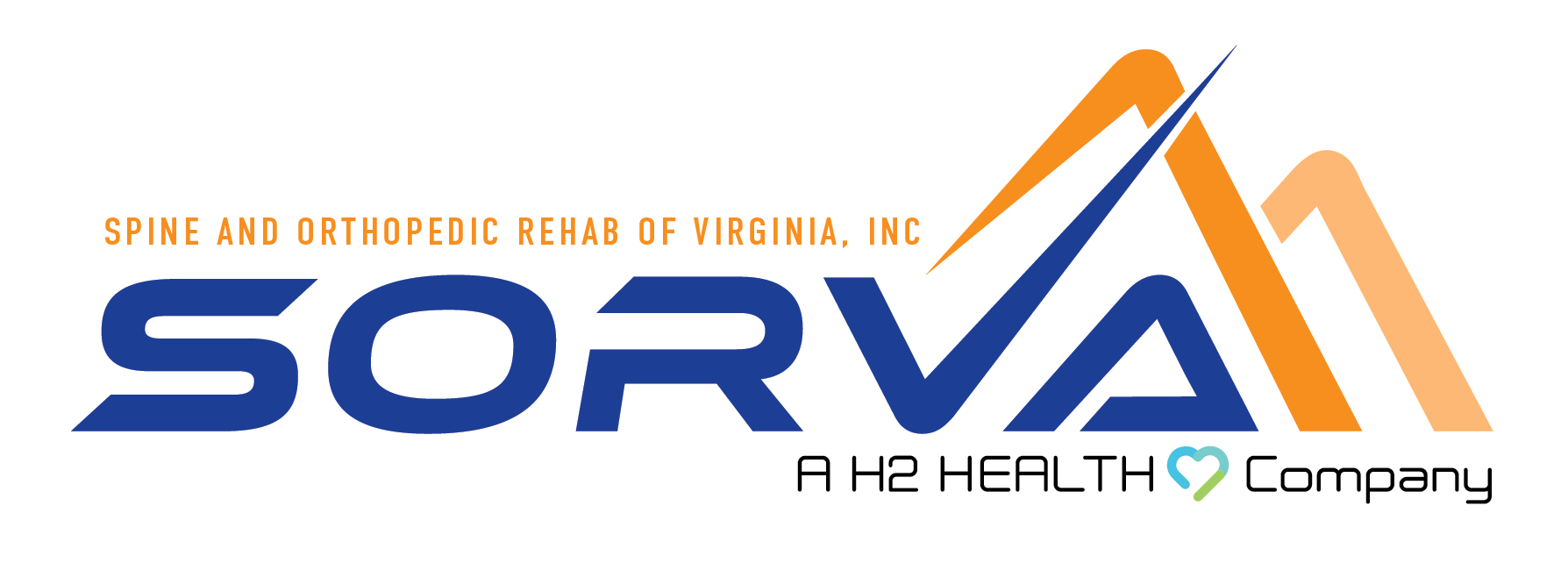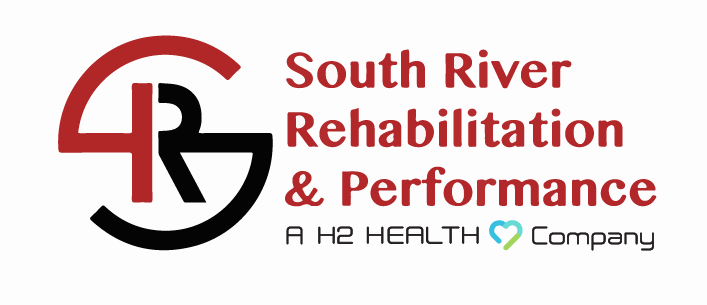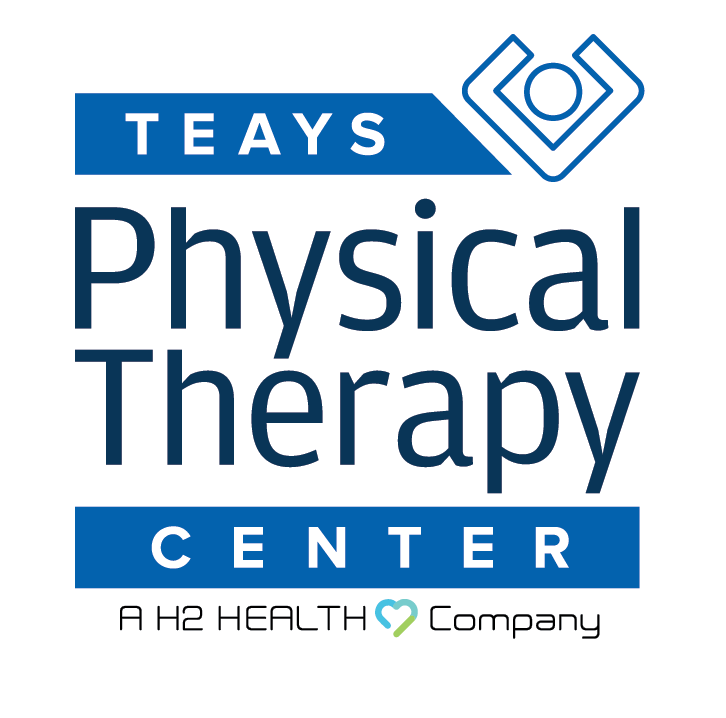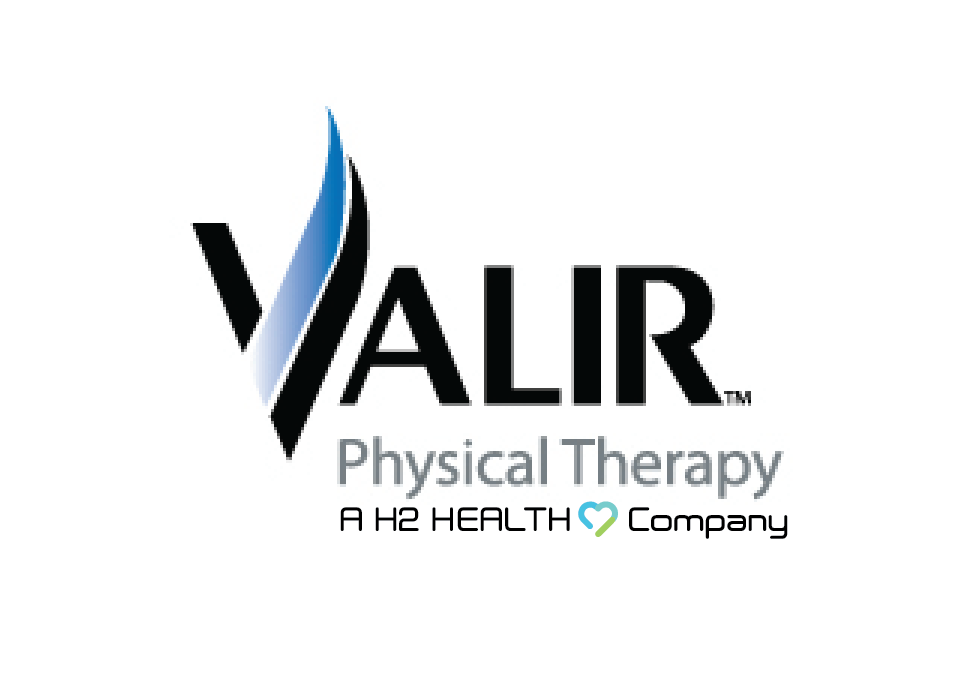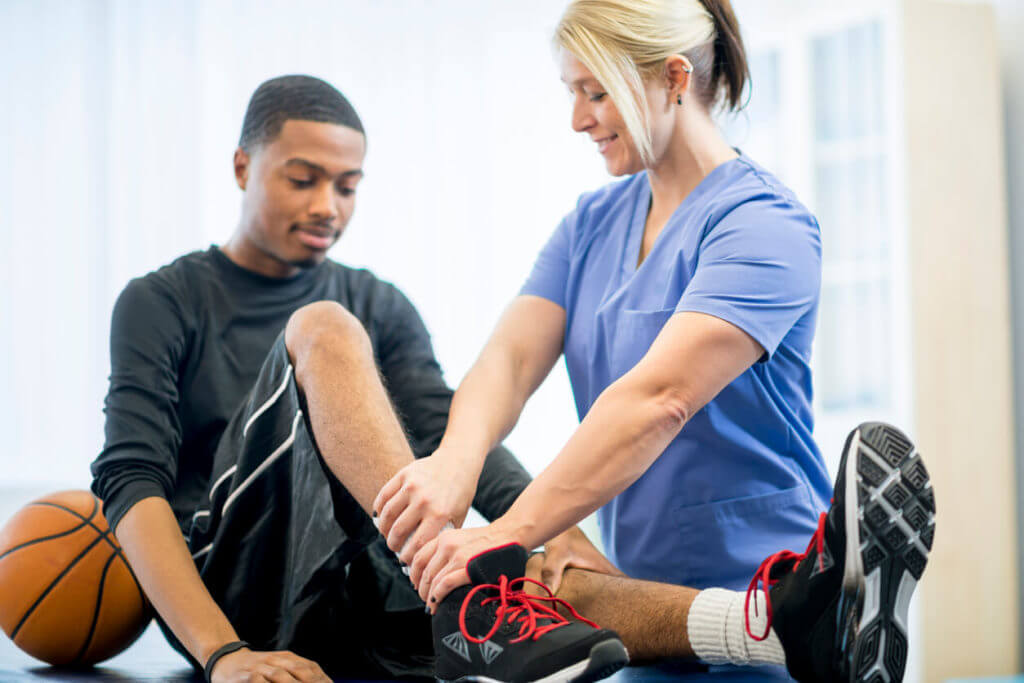
Youth sports are a great way for kids to stay physically active, develop social skills, and learn valuable lessons about teamwork and sportsmanship. However, because kids are still growing, they are at a greater risk for injury than adults.
Youth sports rehabilitation is the process of helping young athletes recover from injuries and return to their sport safely. Because the bodies of kids are still growing and developing, kids have special consideration that needs to be taken into account when it comes to rehabilitating injuries.
Here’s a brief understanding of youth sports injuries and some key factors to consider when rehabilitating young athletes.
Understanding Youth Sports Injuries
Children are not just mini-adults. Their bodies are constantly growing and changing, making them susceptible to different types of injuries. For instance, growth plates — the areas of developing cartilage where bone growth occurs in children — can be particularly vulnerable to injury.
Similarly, the open epiphyses (round ends of long bones connected to the bone shaft via a growth plate) are more susceptible to certain types of injuries, such as stress and avulsion fractures.
Injuries to these areas can disrupt normal growth, leading to serious complications if not properly managed.
Factors to Consider for Youth Sports Rehabilitation
Here are some factors that therapists must consider when developing a rehabilitation plan for young athletes.
Age and Developmental Stage
A young athlete’s development stage and age play a significant role in their rehabilitation plan. The rehabilitation plan for an athlete aged eight differs greatly from that of an athlete aged fifteen.
When rehabilitating young athletes, being aware of the physiological changes during their development is important. For instance, young athletes are still in the process of building strength, flexibility, and coordination.
They also have more unique emotional and cognitive development profiles than teenagers. Therefore, rehabilitation programs for young athletes must be tailored to meet their unique needs.
Nature of Injury
Not every sports injury is the same. Some injuries are soft tissue, such as muscle and ligament damage, while others are bone or growth plate injuries. The nature of the injury will significantly influence the rehabilitation process, including suitable exercises and therapies.
Functional Goals
At the end of the day, rehabilitation is about safely getting the young athlete back into the sport they love. This means the rehabilitation program needs to be specific to the functional needs of the sport.
For example, if the young athlete is a gymnast, they may need more flexibility training to return to their sports safely. On the other hand, if they are a football player, they may need strength and power training. It’s pertinent to mention here that a premature return to sports can increase re-injury risk.
Future Injury Risk
Another factor to consider when rehabilitating young athletes is the risk of injury in the future. Young athletes who suffer an injury are more likely to suffer another injury in the future, especially if they are not properly rehabilitated.
Rehabilitation programs must not only address the current injury but also the prevention of future injuries. This can be accomplished through a combination of education, good form and technique, and strength training.
Sports Rehab in Kentucky, Virginia, Florida, and Texas
Youth sports are invaluable for helping kids develop important physical and social skills. However, we must approach sports injuries differently when it comes to youth athletes.
At H2 Health, we have a team of highly trained and experienced physical therapists, occupational therapists, speech therapists, and other professionals who work with young athletes and kids to address their unique needs. In addition to pediatric physical therapy, occupational therapy, speech therapy, ABA therapy, and music therapy, we also offer complementary injury screening and balance screening to identify any concerns of kids.
If you would like to set up a one-on-one consultation with one of our trained therapists, contact us today at (800) 699-9395 or fill out our online appointment request form.
